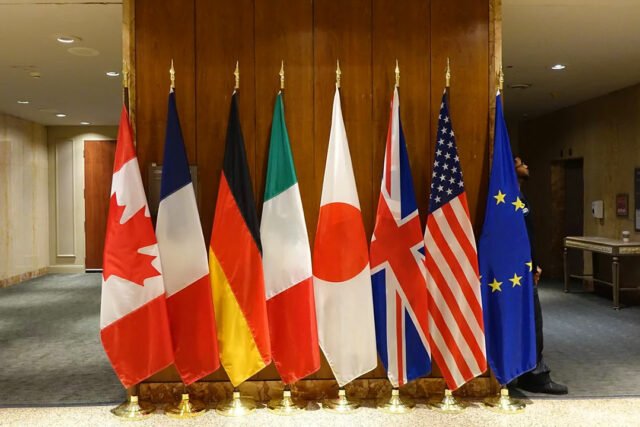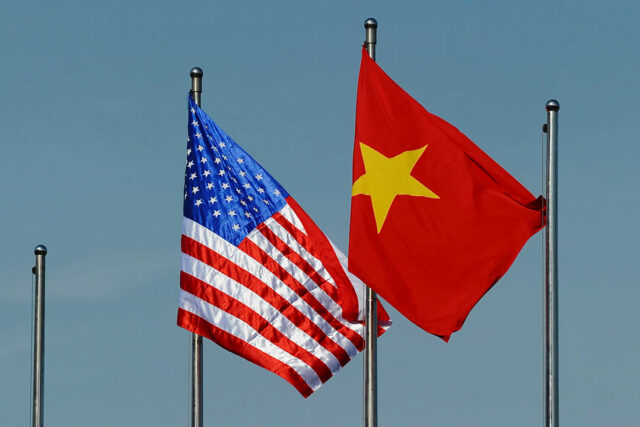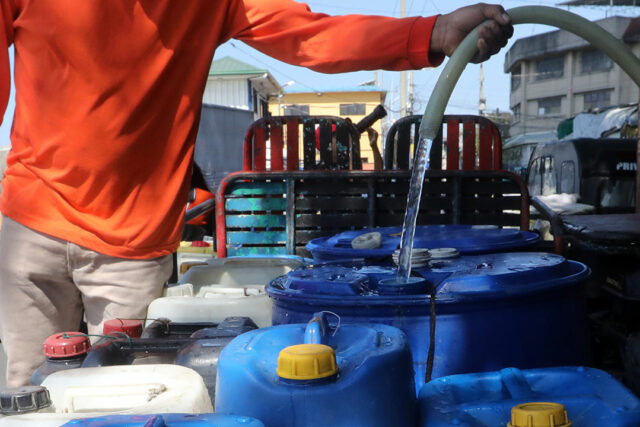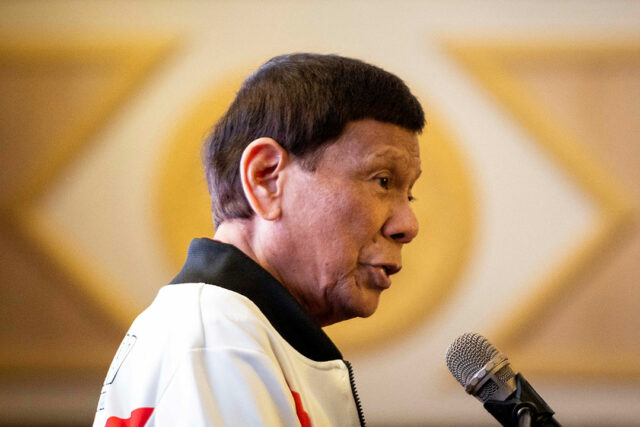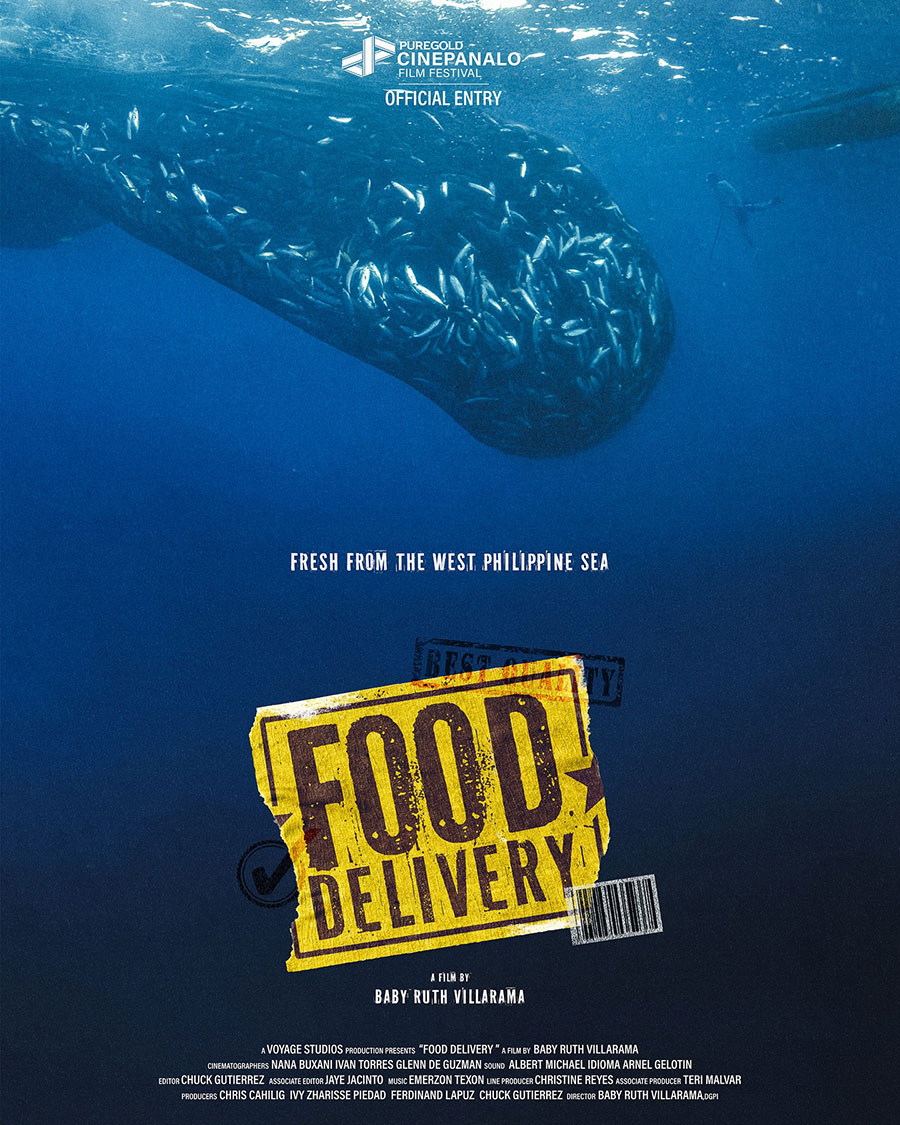US judges order Trump administration to reinstate thousands of fired workers
Federal judges in California and Maryland on Thursday ordered U.S. President Donald Trump’s administration to reinstate tens of thousands of probationary federal workers who lost their jobs as part of mass firings carried out across multiple agencies.
The back-to-back rulings were the most significant blow yet to the effort by Trump and top adviser Elon Musk to drastically shrink the federal bureaucracy. Government agencies face a Thursday deadline to submit plans for a second wave of mass layoffs and to slash their budgets.
U.S. District Judge James Bredar in Baltimore agreed with 20 Democratic-led states that 18 agencies which had fired probationary employees en masse in recent weeks violated regulations governing the laying off of federal workers.
His decision came hours after U.S. District Judge William Alsup during a hearing in San Francisco ordered the reinstatement of probationary employees terminated at the U.S. Department of Defense, Department of Veterans Affairs, Department of Agriculture, Department of Energy, Department of Interior and the Treasury Department.
Mr. Alsup said the U.S. Office of Personnel Management, the human resources department for federal agencies, had improperly ordered those agencies to fire workers en masse even though it lacked the power to do so.
“It is a sad day when our government would fire some good employee and say it was based on performance when they know good and well that’s a lie,” said Mr. Alsup, an appointee of former President Bill Clinton, a Democrat.
White House press secretary Karoline Leavitt in a statement said Mr. Alsup lacked the power to issue the ruling and that the administration would “immediately fight back.”
“The President has the authority to exercise the power of the entire executive branch – singular district court judges cannot abuse the power of the entire judiciary to thwart the President’s agenda,” Ms. Leavitt said.
Mr. Alsup during the hearing said agencies can engage in mass layoffs but are required to comply with a number of legal requirements.
Probationary workers typically have less than one year of service in their current roles, though some are longtime federal employees. They have fewer job protections than other government workers but in general can only be fired for performance issues.
Mr. Alsup ordered the agencies to reinstate workers who were fired over the last few weeks, pending the outcome of a lawsuit by unions, nonprofit groups and the state of Washington.
He did not order the 16 other agencies named in the lawsuit to reinstate workers, but said he would promptly issue a written decision that could expand on Thursday’s ruling.
A Veterans Affairs spokesperson declined to comment. A Department of Interior spokeswoman said the agency does not comment on litigation over personnel matters.
The other agencies did not immediately respond to requests for comment.
The plaintiffs include the American Federation of Government Employees, which represents 800,000 federal workers. The union’s president, Everett Kelley, said in a statement the decision was an important victory against “an administration hellbent on crippling federal agencies and their work on behalf of the American public.”
25,000 WORKERS
Mr. Alsup last month had temporarily blocked OPM from ordering agencies to fire probationary employees, but declined at the time to require that fired workers get their jobs back. The plaintiffs subsequently amended their lawsuit to include the agencies that fired probationary workers.
About 25,000 workers across the U.S. government had been fired as of March 5, according to a Reuters tally, and another 75,000 have taken a buyout. The Trump administration has not released statistics on the firings, and it was not immediately clear how many employees could be affected by Thursday’s decision.
In the lawsuit beforeMr. Alsup, the plaintiffs claim the mass firings were unlawful because they were ordered by OPM rather than left to the discretion of individual agencies.
OPM has maintained that it merely asked agencies in a January 20 memo to identify probationary workers and decide which ones were not “mission critical” and could be fired, and did not order them to terminate anyone.
The agency on March 4 revised that memo, adding that it was not directing agencies to take any specific actions with respect to probationary employees.
OPM has pointed to the updated memo and to press releases by agencies as proof that it had no control over agencies’ decisions.
Mr. Alsup on Thursday told the U.S. Department of Justice lawyer representing OPM, Kelsey Helland, that he did not believe that was true, and scolded the government for not presenting OPM’s acting director, Charles Ezell, to testify at the hearing.
“I’ve been practicing or serving in this court for over 50 years and I know how we get at the truth, and you’re not helping me get at the truth. You’re giving me press releases, sham documents,” Mr. Alsup said.
Helland said it was common for presidential administrations to prevent high-ranking agency officials from testifying in court, and that the information provided by OPM in court filings was enough to prove that it never ordered agencies to terminate workers.
The Merit Systems Protection Board, which reviews federal employees’ appeals when they are fired, earlier this month ordered the Agriculture Department to reinstate nearly 6,000 probationary workers at least temporarily. – Reuters


